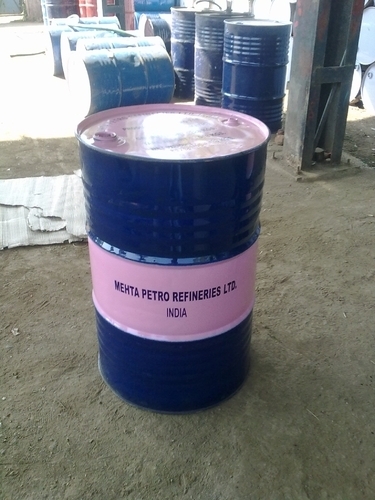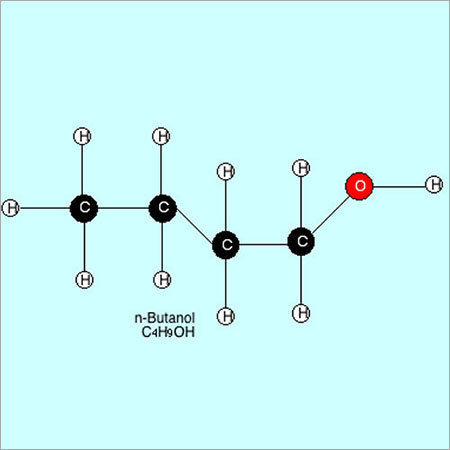
Tung Oil
Product Details:
- Other Names Tung Oil
- CAS No 8001-20-5
- Physical State Liquid Coating
- Usage For Lab
- Purity(%) 99%
- Click to view more
X
Tung Oil Price And Quantity
- 200 Liter
- INR
Tung Oil Product Specifications
- Tung Oil
- Liquid Coating
- 8001-20-5
- For Lab
- 99%
Tung Oil Trade Information
- Paypal Telegraphic Transfer (T/T) Cash in Advance (CID) Cash Advance (CA)
- 200 Liter Per Day
- 2-5 Days
- No
- Middle East Eastern Europe Central America South America Western Europe Asia North America Australia Africa
- All India
Product Description
Tung oil, also known as China wood oil, is a natural drying oil that is obtained from the seeds of the tung tree (Aleurites fordii or Aleurites montana). The tung tree is native to eastern and southern Asia, and its oil has been used for various purposes for centuries.
# Tung oil has several notable characteristics and applications:
1. Finishing Wood: Tung oil is highly regarded for its use as a wood finish. When applied to wooden surfaces, it penetrates the wood and forms a hard, waterproof, and protective finish. It enhances the natural beauty of the wood while providing durability and resistance to water, moisture, and abrasion. Tung oil is often used on fine furniture, cutting boards, and wooden utensils.
2. Sealing and Waterproofing: Due to its water-resistant properties, tung oil is used to seal and waterproof various surfaces, including decks, outdoor furniture, and boats. It helps protect the wood from the elements.
3. Artistic and Craft Applications: Tung oil is favored by artists and craftsmen for oil painting and as an ingredient in making oil-based varnishes. It can be used to enhance the depth and luster of oil paintings.
4. Metal Protection: Tung oil can also be used as a rust inhibitor and protective coating for metal surfaces, such as tools and machinery.
5. Natural and Eco-Friendly: Tung oil is a natural, eco-friendly product that does not emit harmful fumes or chemicals. It is biodegradable and non-toxic, making it a preferred choice for those looking for environmentally friendly finishes and coatings.
When using tung oil as a wood finish, it is essential to apply it in thin coats, allowing each coat to dry thoroughly before applying the next. The number of coats required may vary depending on the desired level of protection and the specific application. Additionally, tung oil should be applied in a well-ventilated area, and care should be taken to dispose of used rags and brushes properly to prevent spontaneous combustion, as tung oil can generate heat during drying.
Tung oil is a versatile and natural alternative to synthetic wood finishes and provides a beautiful and durable protective layer for wood and other surfaces.
# Frequently Asked Questions:
Q. What is tung oil?
Ans: Tung oil is a natural drying oil obtained from the seeds of the tung tree (Aleurites fordii or Aleurites montana). It is known for its ability to penetrate wood and create a durable, water-resistant finish.
Q. What are the advantages of using tung oil as a wood finish?
Ans: Tung oil enhances the natural beauty of wood, provides a waterproof and protective finish, and is non-toxic and eco-friendly. It is also easy to maintain and repair.
Q. How is tung oil applied to wood?
Ans: Tung oil should be applied in thin, even coats. It is typically applied using a brush, cloth, or sponge. Each coat should be allowed to dry thoroughly before applying the next.
Q. How many coats of tung oil are needed?
Ans: The number of coats can vary depending on the desired level of protection and the specific application. It is common to apply several coats, with the first coats being thinned with a solvent and subsequent coats being applied more concentrated.
Q. How long does it take for tung oil to dry?
Ans: Tung oil dries relatively slowly, and the drying time can vary depending on environmental conditions. It may take several hours to a few days for each coat to dry fully.
Q. Can tung oil be used outdoors?
Ans: Yes, tung oil is suitable for outdoor use. It can be used to protect and waterproof outdoor furniture, decks, and other wooden surfaces.
Q. Is tung oil food-safe?
Ans: Pure tung oil is considered food-safe once it has fully cured. It is often used to finish cutting boards, wooden utensils, and other kitchen items. However, it's essential to ensure that you are using pure tung oil without any additives.
Q. Is tung oil suitable for all types of wood?
Ans: Tung oil works well on a variety of wood species. However, some dense or oily woods may require more coats for the finish to penetrate effectively.
Q. How do I maintain tung oil finishes?
Ans: Tung oil finishes can be maintained by periodically applying a fresh coat of tung oil or by re-oiling the wood as needed. Cleaning with a damp cloth and mild soap is usually sufficient for regular maintenance.
Q. Is tung oil flammable?
Ans: Tung oil-soaked rags can be flammable due to the heat generated during the drying process. It's essential to dispose of used rags safely and avoid leaving them in a crumpled or piled state.
Q. Can tung oil be mixed with other finishes?
Ans: Tung oil can be mixed with other oils, solvents, or varnishes to create custom finishes. Experimentation is often required to achieve the desired results.
Tell us about your requirement

Price:
Quantity
Select Unit
- 50
- 100
- 200
- 250
- 500
- 1000+
Additional detail
Mobile number
Email
Other Products in 'Hydrocarbon Solvents' category
MEHTA PETRO-REFINERIES LIMITED
GST : 27AAACM5768N2ZT
GST : 27AAACM5768N2ZT
509, HIVE 67, ICON Tower, Borsapada Road, Next to Raghuleela Mall, Kandivali (West).Mumbai - 400067, Maharashtra, India
Phone :08045812121
 |
MEHTA PETRO REFINERIES LTD.
All Rights Reserved.(Terms of Use) Developed and Managed by Infocom Network Private Limited. |

 English
English Spanish
Spanish French
French German
German Italian
Italian Chinese (Simplified)
Chinese (Simplified) Japanese
Japanese Korean
Korean Arabic
Arabic Portuguese
Portuguese



